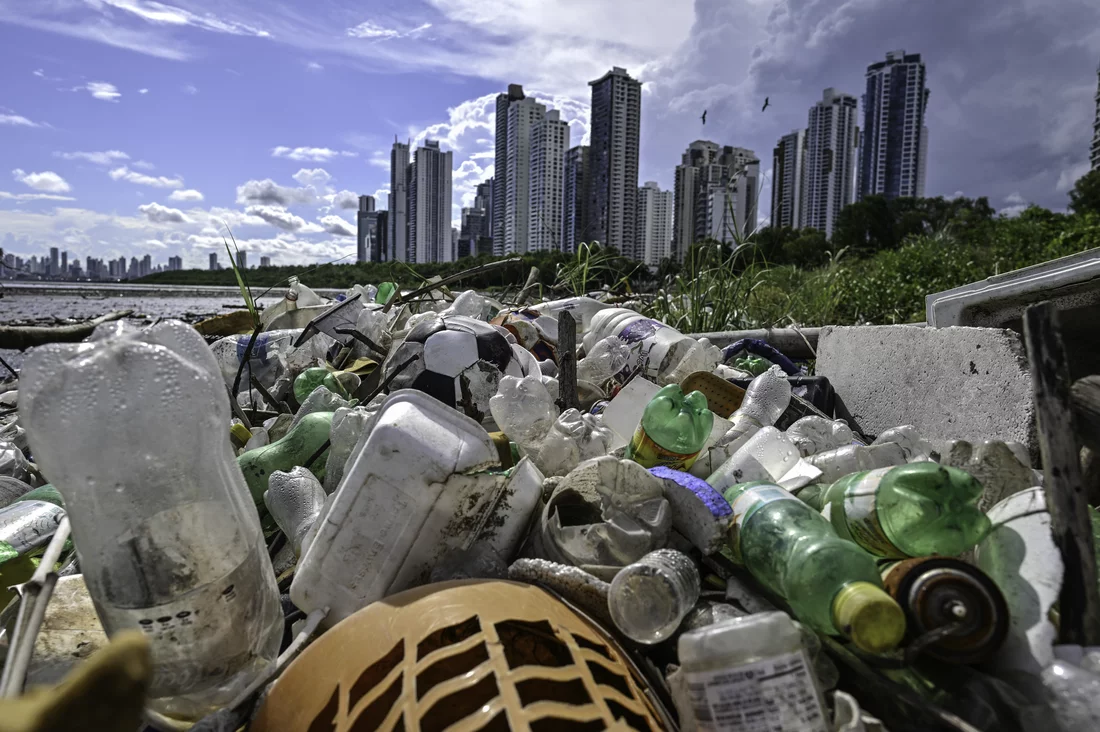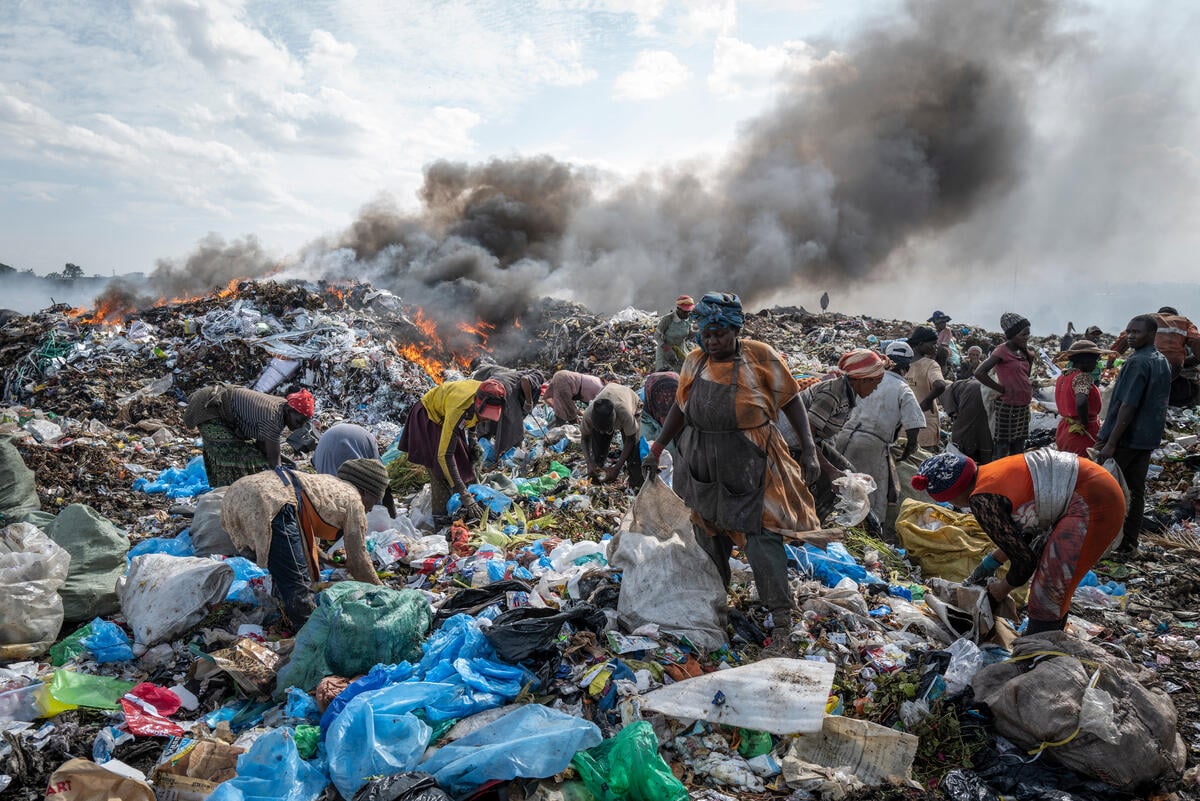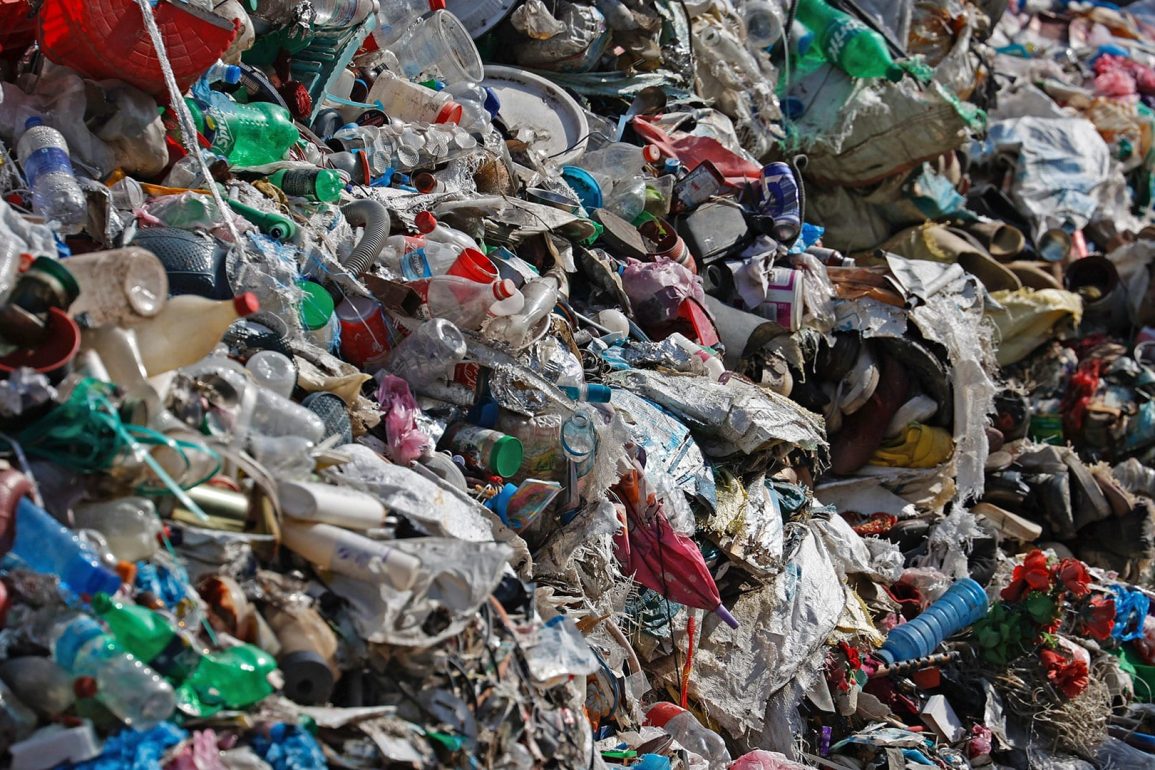World leaders convened this week in Busan, South Korea, to discuss a global treaty aimed at addressing the environmental crisis posed by plastics. Everyday products, many of which are tied to specific regional issues, lie at the heart of these negotiations.
Among the worst offenders are single-use sachets in Indonesia, synthetic textiles in Ghana and Kenya, plastic drink bottles in the Caribbean, Tetra Pak cartons in Vietnam, and wet wipes in the UK. These products reveal both the scale and complexity of global plastic pollution, highlighting the challenges and potential solutions under discussion.
Plastic sachets, popularized by companies like Unilever in the 1980s, have replaced sustainable bulk-buy and refill systems in Indonesia. With 5.5 million sachets sold daily for detergent alone, their multilayered plastic-metal design renders them nearly impossible to recycle.
Leaked into the environment, sachets block drains, exacerbate floods and release toxic fumes when burned. Unilever has introduced over 1,000 refill stations in Indonesia to mitigate this problem, saving an estimated six tonnes of plastic, but the environmental impact remains significant.
Synthetic textiles, including polyester, dominate clothing production, with 60-70% of global textiles made from such materials. Many discarded clothes end up in unmanaged landfills in countries like Ghana and Kenya, where secondhand clothing is imported from the Global North. These textiles disintegrate over time, polluting soil and waterways.

A report highlighted Shein, a fast-fashion brand heavily reliant on synthetic fibers, as a major contributor. Despite Shein’s pledge to increase recycled polyester use, the systemic problem of “plastic fashion” demands more proactive measures at the production level.
Plastic drink bottles, particularly in the Caribbean, are a major source of pollution. The region’s beaches are inundated with bottles, both from local use and international sources. Coca-Cola, producing over 100 billion plastic bottles annually, has been identified as the top contributor to branded plastic waste. While the company claims to be working on increasing recycling rates in the Caribbean, the overwhelming volume of waste highlights the need for systemic change, such as incentivizing refillable containers.
Tetra Pak cartons, used for food and beverages, present a recycling challenge due to their multilayered construction. In Vietnam, inadequate recycling infrastructure leaves these cartons as litter or incinerated waste. While Tetra Pak claims its products are recyclable where facilities exist, the actual recycling rate remains low. The company has invested in Vietnam’s recycling capacity to meet government targets, but the global prevalence of such complex materials underscores the difficulty of managing multi-material products sustainably.

Wet wipes, widely used in the UK, contribute to significant pollution when flushed, forming “fatbergs” that clog sewers. Despite a new UK law banning plastic-laden wipes by 2024, manufacturers can still export these products to countries with weaker regulations. This discrepancy underscores the necessity of international cooperation through a global plastics treaty. Harmonized global rules could restrict harmful products and foster sustainable alternatives, preventing the shift of pollution from one region to another.
The examples of sachets, synthetic textiles, drink bottles, Tetra Pak cartons, and wet wipes illustrate the global scale and local impacts of plastic pollution. While regional initiatives and corporate efforts have made progress, a cohesive, globally binding treaty is crucial for addressing the root causes of plastic waste. By aligning regulations and encouraging sustainable practices, the treaty could help reduce pollution and ensure a more sustainable future.

